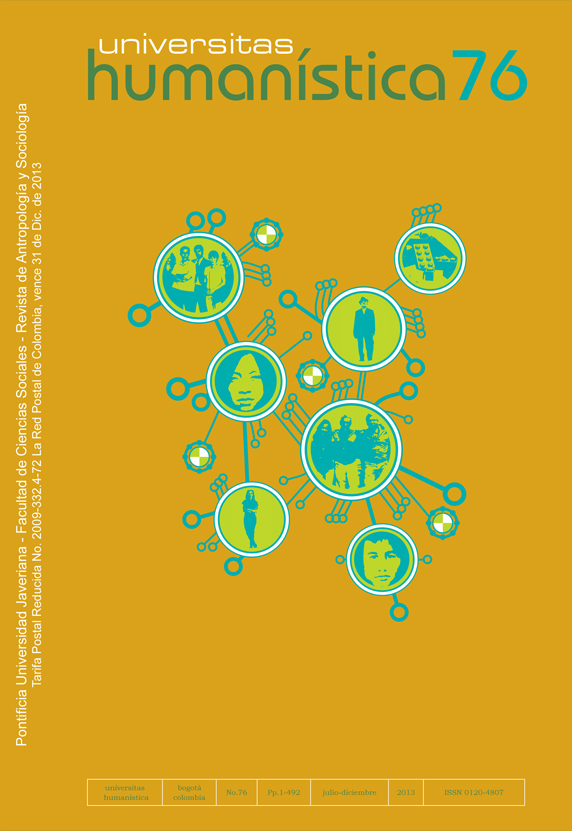Resumen
Investigar sobre la expertise como instrumento orientador de la planeación es explorar la dimensión de la autoridad epistemológica en la definición de políticas. En el campo de los Estudios Sociales de la Ciencia y Tecnología, son escasos los estudios sobre la expertise cuando ésta adviene de las Ciencias Humanas o Sociales. Este trabajo explora esta relación a través del análisis de textos producidos por un Think tank gubernamental brasileño, el Instituto de Investigaciones Económicas Aplicadas (IPEA). El estudio se guió por la siguiente pregunta: ¿cuáles son los elementos que caracterizan el conocimiento institucionalizado del IPEA sobre ciencia, tecnología e innovación? El referencial teórico articula conceptos de la Sociología de la Ciencia y de la Teoría Política. La metodología combinó la investigación de campo y análisis bibliométrico. El examen de las publicaciones reveló: la continuidad y discontinuidad de temas; prioridades de investigación; referenciales teóricos y enfoques disciplinares hegemónicos y perfil de los autores.

La revista Universitas Humanística se encuentra registrada bajo la licencia Creative Commons Reconocimiento 4.0 Internacional. Por lo tanto, esta obra se puede reproducir, distribuir y comunicar públicamente en formato digital, siempre que se reconozca el nombre de los autores y a la Pontificia Universidad Javeriana. Se permite citar, adaptar, transformar, autoarchivar, republicar y crear a partir del material, para cualquier finalidad (incluso comercial), siempre que se reconozca adecuadamente la autoría, se proporcione un enlace a la obra original y se indique si se han realizado cambios. La Pontificia Universidad Javeriana no retiene los derechos sobre las obras publicadas y los contenidos son responsabilidad exclusiva de los autores, quienes conservan sus derechos morales, intelectuales, de privacidad y publicidad.
El aval sobre la intervención de la obra (revisión, corrección de estilo, traducción, diagramación) y su posterior divulgación se otorga mediante una licencia de uso y no a través de una cesión de derechos, lo que representa que la revista y la Pontificia Universidad Javeriana se eximen de cualquier responsabilidad que se pueda derivar de una mala práctica ética por parte de los autores. En consecuencia de la protección brindada por la licencia de uso, la revista no se encuentra en la obligación de publicar retractaciones o modificar la información ya publicada, a no ser que la errata surja del proceso de gestión editorial. La publicación de contenidos en esta revista no representa regalías para los contribuyentes.


